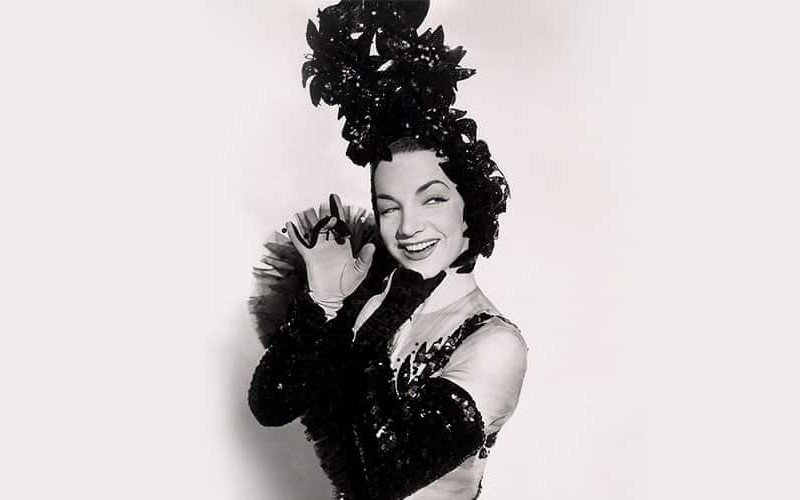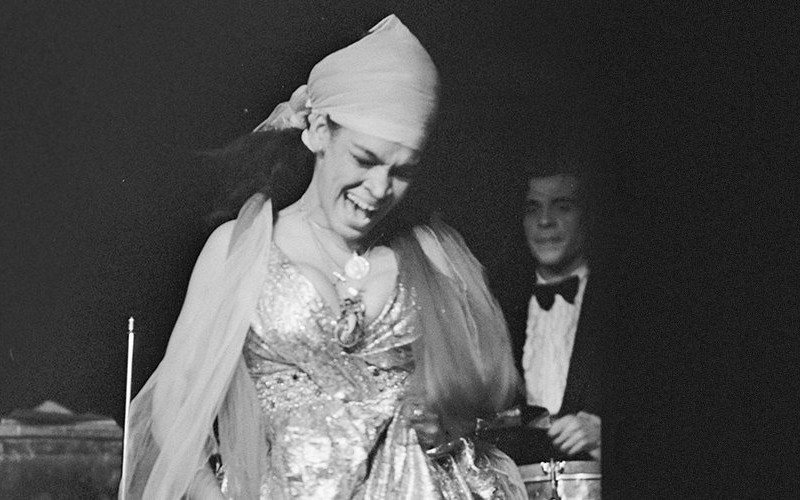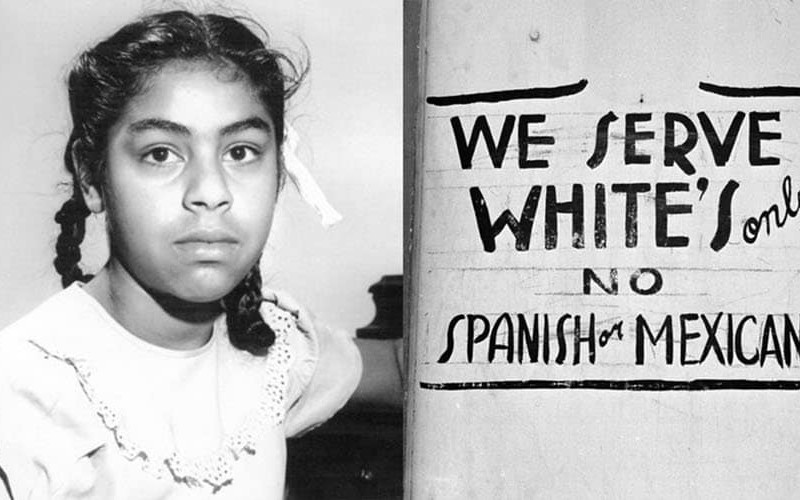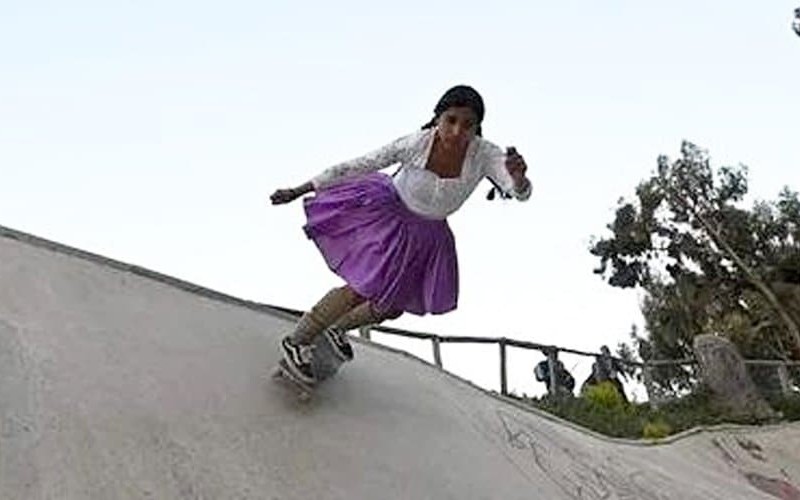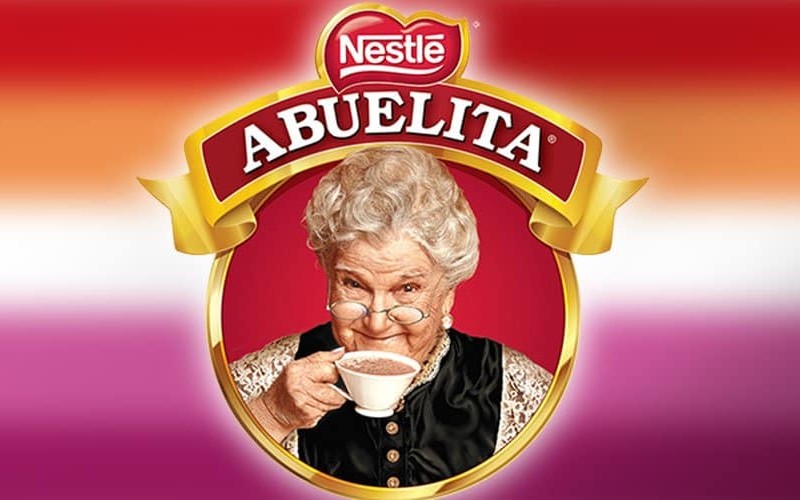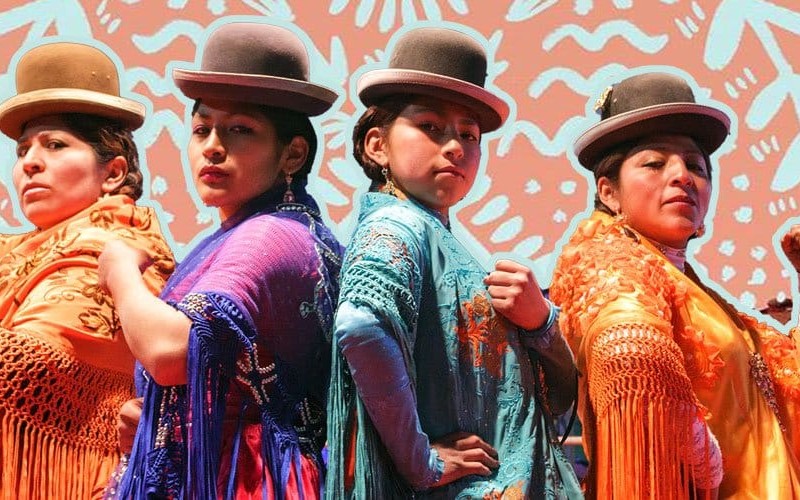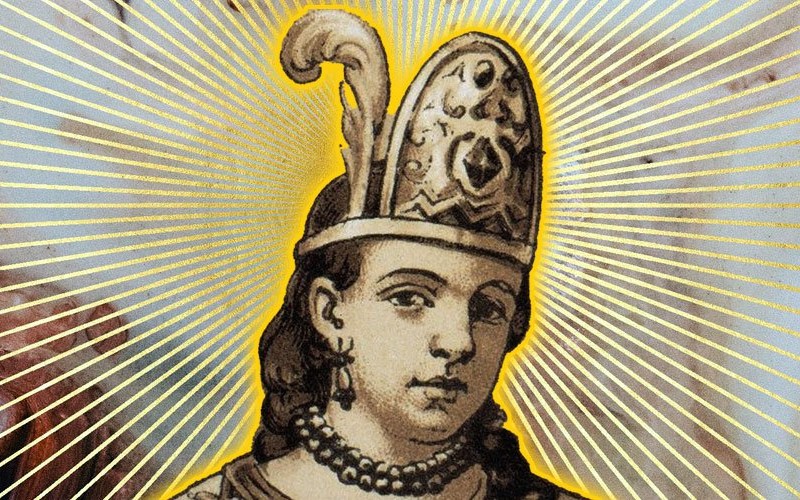The Polarizing Legacy of Carmen Miranda: Hollywood’s “Brazilian Bombshell”
Carmen Miranda was more than the “Brazilian Bombshell” Hollywood packaged her as. Loved in the U.S. but criticized at home, she carried the weight of embodying Latin identity in an industry that often preferred stereotypes over authenticity.

